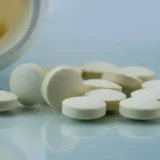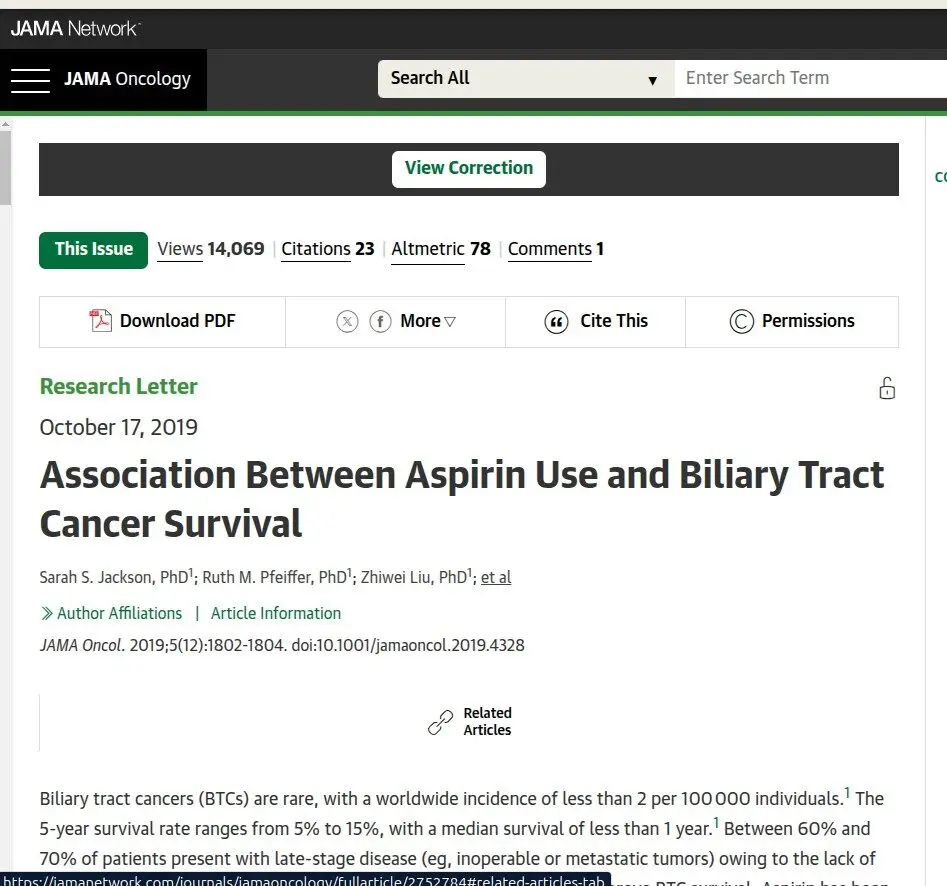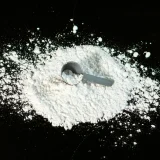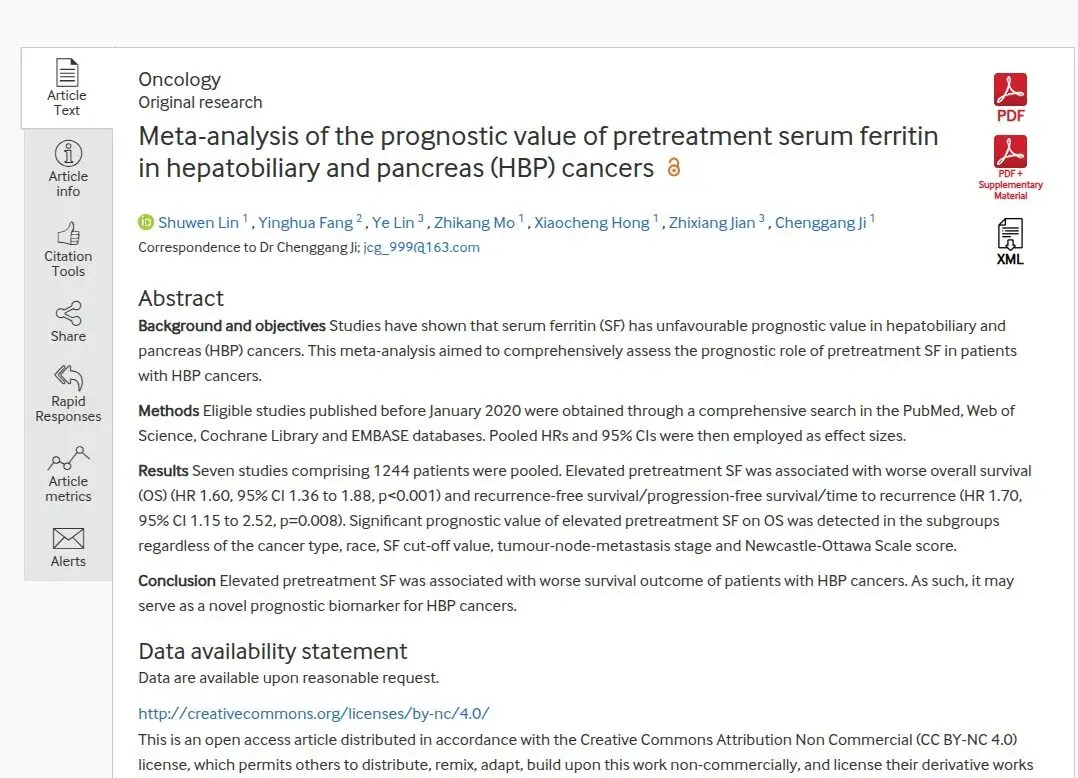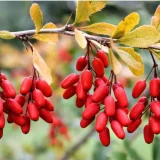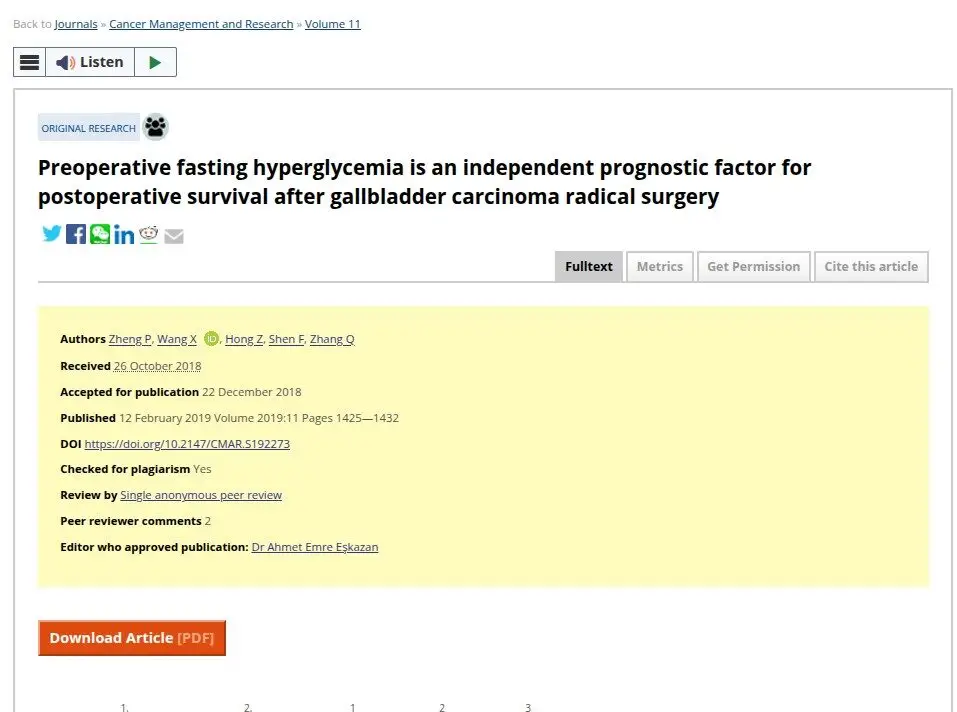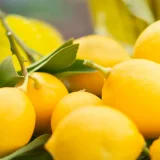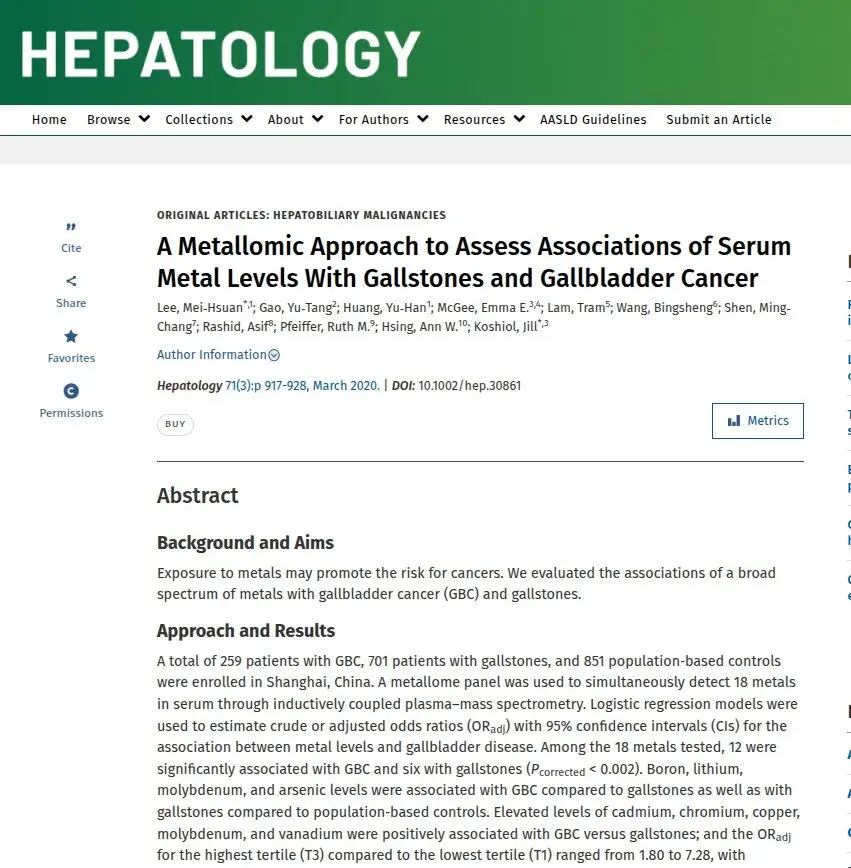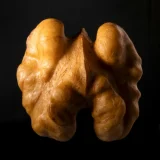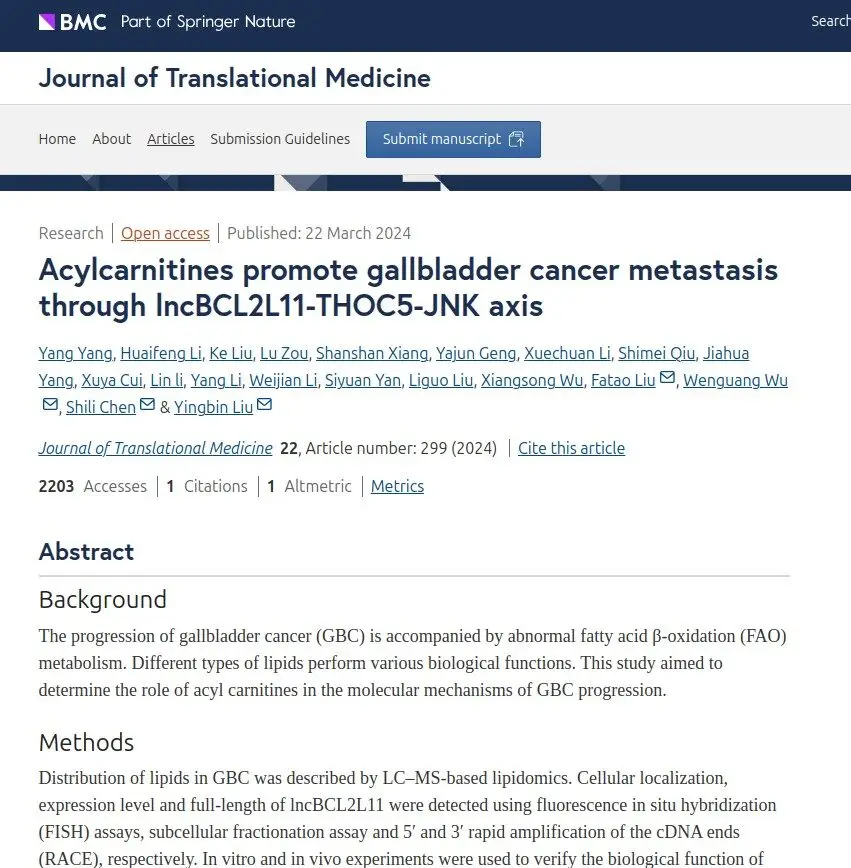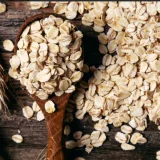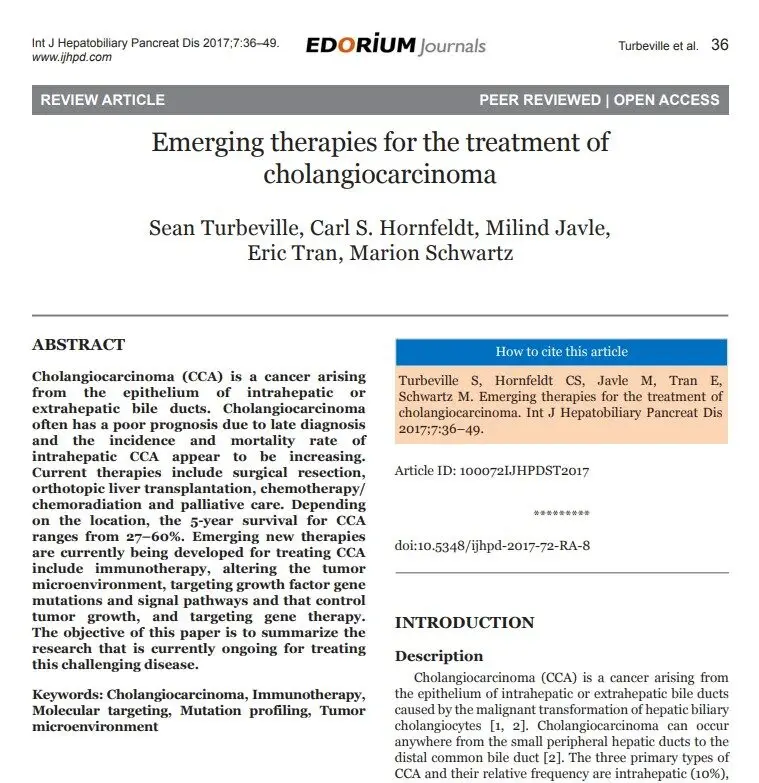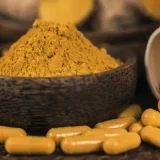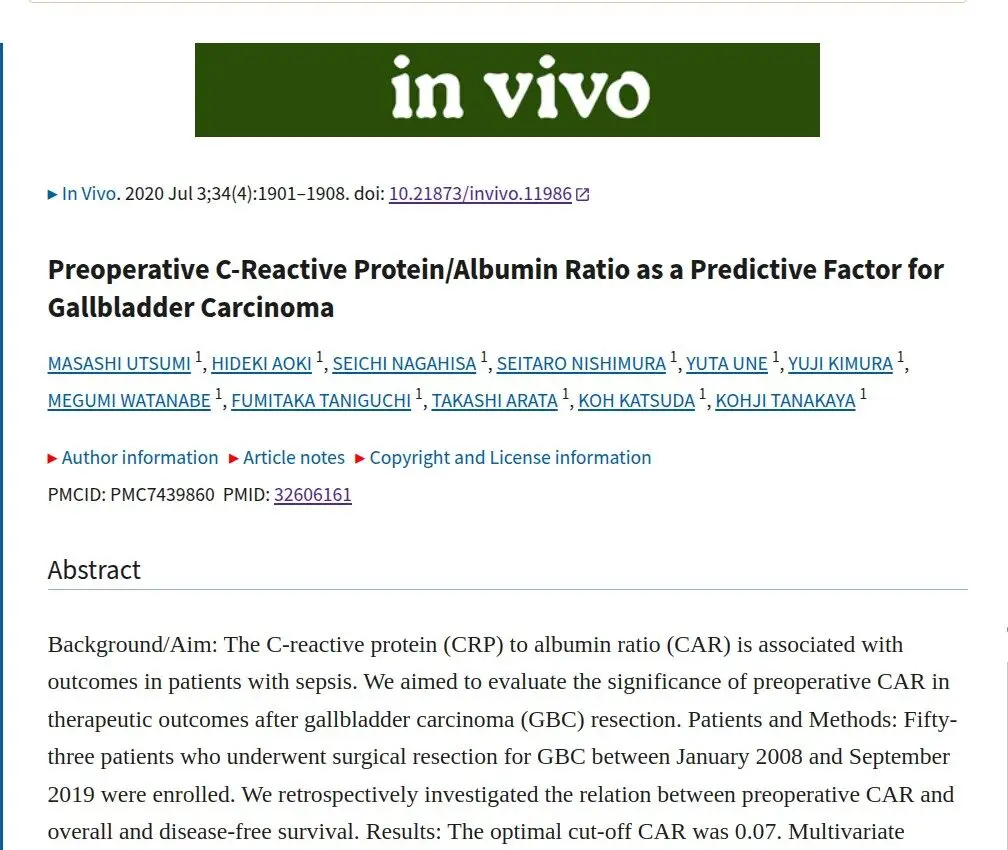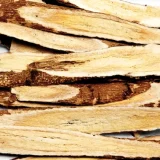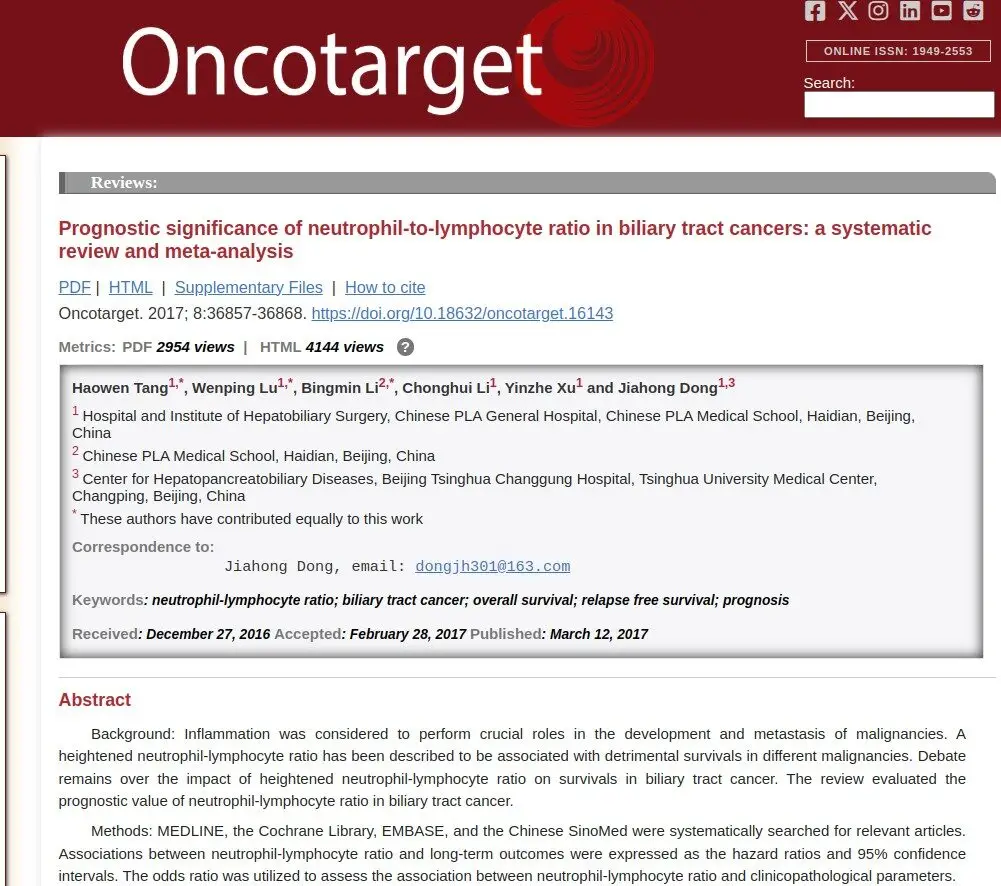Gallbladder cancer is poorly researched, and its worthwhile reviewing the Supplements Library for inspiration beyond the list here. Nevertheless, there are a few useful supplements and dietary considerations based on research findings of improved treatment results. Whilst mostly the evidence here is indirect, there is validation for a lot of these supplements coming increasingly from other cancers. And they tend to reduce drug side effects.
Multiple analysis of large scale patient records show low dose aspirin is an effective addition to oncology treatment programs for biliary cancers including gallbladder. Data also confims the value of post-diagnostic use. Hepatobiliary cancers including gallbladder cause dysregulation of iron balance, or homeostasis, which they switch up in order to progress and spread. Analysis of patient records shows substantial effects on outcomes. A milk derived pre-biotic, lactoferrin, can counter this as it is a natural regulator of iron metabolism. Similarly, copper can also be upregulated by cancers to support growth rate needs, in gallbladder patients lower levels predict improved outcomes. Citrus Pectin can products that include alginates from seaweed can bind heavy metals and help restore copper balance. Additionally there are actions that might be relevant to gallbladder cancer too.
Poorly functioning glucose and lipid metabolism are reported as high risk markers for disease progression. Low glucose for instance reduces overall risks by more than 60%. Berberine is a well known natural anti-diabetic and has evidence of improving metabolic health in both areas. Emerging in anti-aging science Urolithin A is reported to improve fatty acid uptake, including specific acylcarnitine levels reported as elevated in gallbladder cancer progression.
Systemic inflammation is linked with increased risks for progression, especially in later stages. Both acute type inflammatory responses measured by C-reactive protein, and immune system related neutrophil-to-lymphocyte ratios (NLR). Maintaining relatively lower levels of both make a substantial difference. Astragalus root has evidence of improving immune system balance during oncology, reducing NLR while curcumin and other other functional foods including garlic can help bring down CRP, also seen with use of lactoferrin.
The so called Th1/Th2 immune system balance is strongly linked to the progression in gallbladder cancer, and to treatment resistance. Molecular iodine solutions are emerging in this area in breast cancer management, seen boosting Th1 anti tumor activity and helping suppress over active Th2 used in resistance. This has improved results in surgery plus chemotherapy and may support increased responses during immunotherapy (see Supplement Library). For immunotherapy the presence of high sodium levels is now identfied as a key marker for success in other cancers. Also in other cancers, AM treatment programs are substantially more effective that PM/evening sessions


